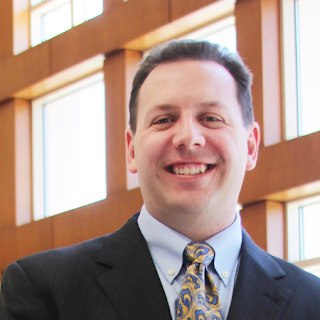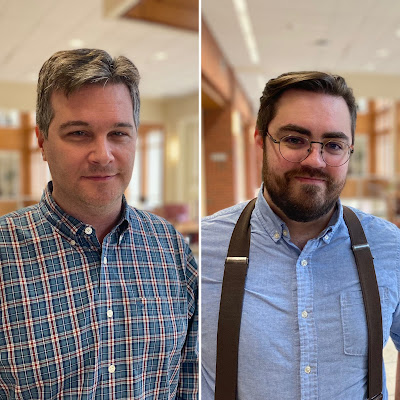OU Researchers Say New Protein Fragment May Improve Cartilage Regeneration
Current methods to regenerate injured cartilage produce tissue that can break down. This deterioration can eventually lead to osteoarthritis, the most common form of arthritis that affects more than 32.5 million adults in the United States, according to the Centers for Disease Control and Prevention.
“The problem with cartilage regeneration is that cartilage is not able to heal itself, so you end up with an inferior, fibrous kind of tissue – similar to scar tissue – that is susceptible to breaking down over time, leading to more serious interventions like a total knee replacement surgery,” said Michael Detamore, Ph.D., the founding director, professor and Stephenson Chair of Biomedical Engineering in the Gallogly College of Engineering at the University of Oklahoma.
Detamore (photo) is the principal investigator of a research project conducted at OU and OU Health that uses a protein fragment identified by comparing two molecules known to support stem cell conversion to true cartilage cells.
“The patients that we aim to help are those who have had a recent impact injury to the cartilage in their knee, such as from a car accident or sports injury,” Detamore said. “For someone who has a focal, local cartilage injury, this treatment we’re investigating has the potential to repair that cartilage. The questions that we’re asking are, ‘How can we help the body heal itself?’ ‘How can we help the cells that are already present in the bone marrow underneath the cartilage to become actual cartilage cells?’”
The project, funded by a grant from the National Institutes of Health, will evaluate the repair of injured cartilage in a rabbit knee by placing a material containing the new protein fragment at the injury site.
The research team includes Handan Acar, Ph.D., an assistant professor in the Stephenson School of Biomedical Engineering, and orthopedic surgeon Amgad Haleem, M.D., Ph.D., at OU Health.
“Professor Acar is a worldwide expert in peptides (small fragments of proteins),” Detamore said. “Her research leverage peptides to fight cancer. For our project, she’s applying her expertise to help us leverage peptides to regenerate cartilage cells from bone marrow stem cells.”
“Dr. Haleem, as a clinician-scientist, brings to the project a deep understanding of the science behind cartilage repair, coupled with surgical ability and expertise,” said Detamore.
An additional benefit of the team’s approach to helping the body regenerate cartilage could alleviate the need for some medications and ease adoption into the market.
“If a surgeon has access to this material that the cells respond to, as opposed to needing to add a drug or cells from another source – if the material itself could elicit the desired response from those cells – then we’re helping the body to heal itself and make new cartilage, rather than inferior scar tissue,” Detamore said.
“Added to this,” he continued, “the translational benefits, such as lower costs of raw materials, also mean lower costs to the patients, hospitals and insurance companies, and a more straightforward pathway through the FDA. These translational and business advantages of getting this to a patient, go side-by-side with the scientific advantages of helping us better understand how the cells respond.”
The idea for this project resulted from the dissertation work of a doctoral student in Detamore’s Translational Regenerative Medicine Laboratory. Salma Mahzoon, Ph.D., is now a scientist for a pharmaceutical company located in Maryland. Her related research was published in 2019 in the Annals of Biomedical Engineering.
“Her foundational research created a platform that enabled this project to be possible,” he said.
By OU Vice President for Research and Partnerships



